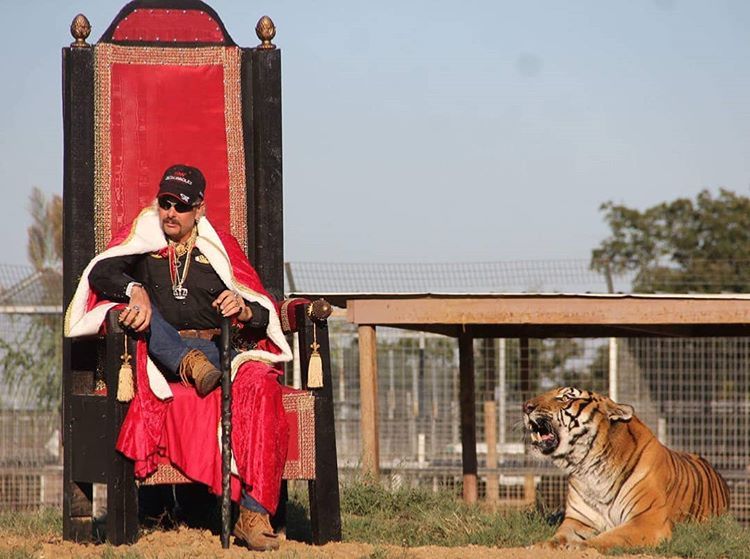
Introduction
The Netflix docuseries ‘Tiger King’, which premiered in March 2020, quickly captured the attention of audiences around the globe. With its bizarre characters and rollercoaster plot centered on exotic animal trade and personal rivalries, it ignited discussions about animal rights and competition in the world of private zoos. As society continues to grapple with the implications of the show’s revelations, the impact of ‘Tiger King’ remains significant, shedding light on issues that are still relevant today.
Major Events and Characters
‘Tiger King’ follows the life of Joe Exotic, a flamboyant zoo owner with a complicated background in breeding and selling tigers. The series highlights his rivalry with animal rights activist Carole Baskin, who advocates against the exploitation of big cats. Throughout its seven episodes, viewers are introduced to a variety of colorful figures including other big cat enthusiasts, zoo owners, and even a hitman. The show’s structure interweaves dramatic twists, criminal investigations, and personal revelations, making it more than just a documentary about animal conservation—it serves as an exploration of the human condition in pursuit of fame and fortune.
Animal Rights Discussions
The release of ‘Tiger King’ sparked a renewed interest in animal rights and conservation. While the series entertained audiences, it also revealed troubling truths about the private zoo industry, breeding practices, and the treatment of big cats. Organizations and activists have called for stricter regulations and laws to protect these animals from exploitation. In the wake of the show’s popularity, lawmakers across various states, including Florida and Texas, have started proposing bills that aim to regulate the ownership of exotic animals, emphasizing responsible and humane treatment.
Cultural Impact and Aftermath
Following its release, ‘Tiger King’ became a pop culture sensation. Memes, merchandise, and discussions proliferated online, with many consumers developing a fascination for Joe Exotic and his outlandish lifestyle. Additionally, a second season was released in November 2021, further exploring the stories of the characters involved and the legal troubles faced by Joe Exotic. As the public continues to consume the content, discussions surrounding the ethics of big cat ownership and wildlife conservation remain at the forefront.
Conclusion
Tiger King’s impact extends beyond entertainment; it has become a platform from which important conversations about animal rights can take place. As we move forward, the legacy of ‘Tiger King’ will likely inform future discussions on wildlife conservation and legislation. Given its ability to connect with audiences worldwide, it raises questions about how society chooses to balance fascination with exotic animals against ethical considerations. The cultural phenomenon of ‘Tiger King’ reminds us that understanding our relationship with wildlife is an ongoing journey that requires education and action.



